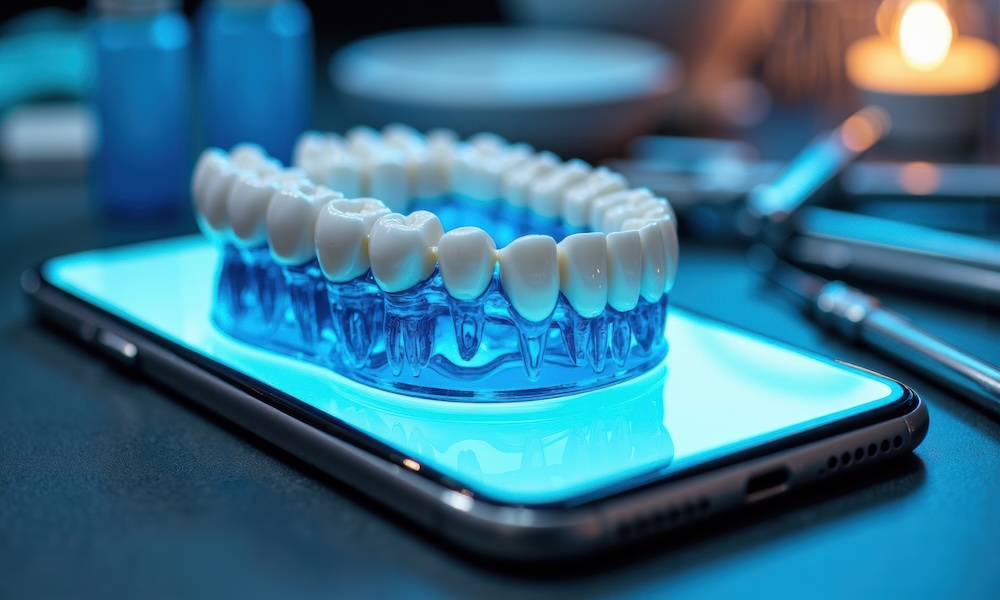‘ChatGPT for Dentists’ Raises $6M in an “iPhone Moment” for the Dental Industry
 starush / Adobe Stock
starush / Adobe Stock
Toggle Dark Mode
When is the last time you made it through the day without hearing about AI? Not only does artificial intelligence dominate the news and media, but it’s poised to change our everyday lives. What started as a seemingly fun and creative tool has rapidly become ubiquitous at the individual level and throughout entire industries.
Recently, Apple announced its Detroit Manufacturing Academy to offer free training in AI and smart manufacturing techniques to American workers and businesses. Its largest manufacturer, Foxconn, also announced plans to build super-computing data centers to support AI. Now, the dental industry has become part of the zeitgeist.
Today, San Francisco-based Trust AI announced the largest seed investment round ever for a dental technology startup: $6 million. According to the press release, Trust AI already has over 3,000 dentists on board and adds about 500 more each week. Trust AI aims to eliminate the “chaos” of consolidating the multiple, disjointed systems required to run a dental practice. Trust AI handles a wide range of tasks, from managing HIPAA compliance and front desk operations to reading radiographs.
As the first specialized large language model (LLM) for dentistry, Trust AI serves as a real-time clinical partner. The platform delivers advanced diagnostic support, personalized treatment planning, radiographic image analysis, insurance verification and administrative automation.
At the core of Trust AI is its LLM (large language model) Isaac, which allows dentists to discuss “complex patient cases, ask follow-up questions, and refine treatment decisions.” Isaac is accessible via the web, voice call, or WhatsApp. It learns from each new patient and offers that knowledge to all of its customers.
One of the primary concerns about the proliferation of AI is job displacement. It’s easy to understand why. A simple example is the replacement of customer service call centers with AI-powered chatbots similar to but less sophisticated than Isaac. On the other hand, small businesses like many dental practices might have no choice but to adopt AI or risk being left in the dust.
One of Trust AI’s founders, periodontist Shervin Molayem, said, “Smart dentists aren’t worried about AI taking their jobs. They’re worried about being the last practice in town without it.” Dr. Bernard Casse, CEO of Trust AI, said those already using Trust AI are “operating in 2030,” while those that aren’t “are stuck in 1995.”
AI is everywhere, and it seems as if there’s no choice but to embrace it and hope for its responsible development. It’s on our iPhones and across industries, from robotics to transportation and healthcare. Even Apple is potentially building an AI-powered health service. Will tools like Trust AI help businesses both survive and thrive? We’ll find out.








